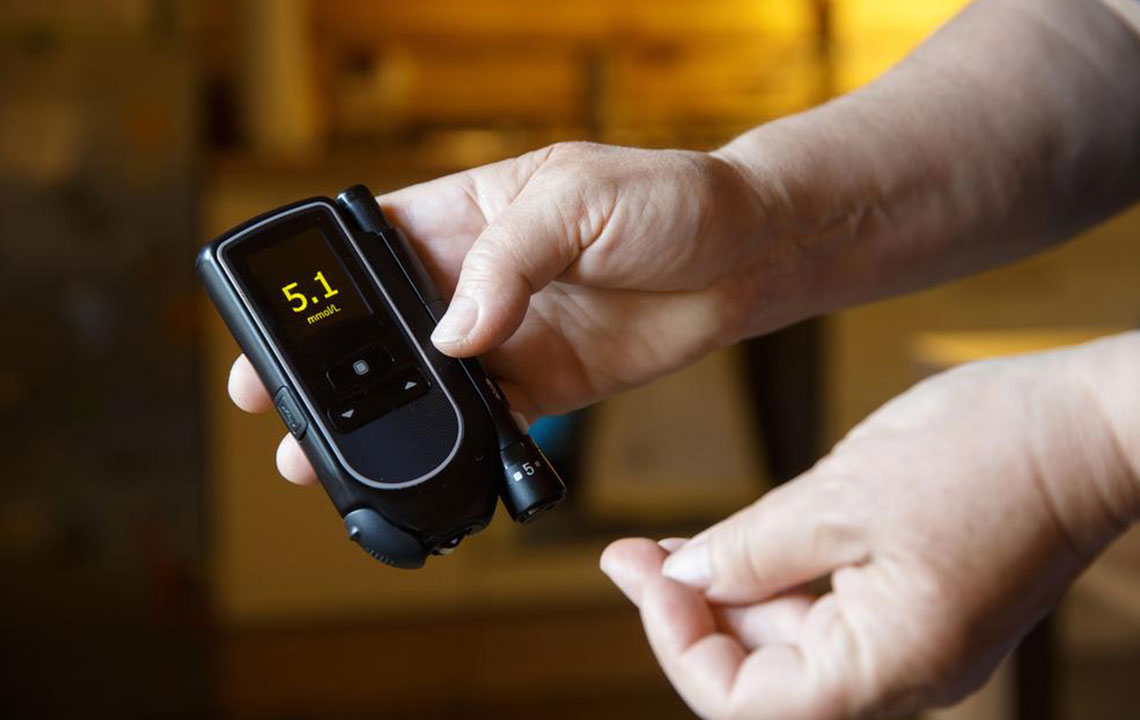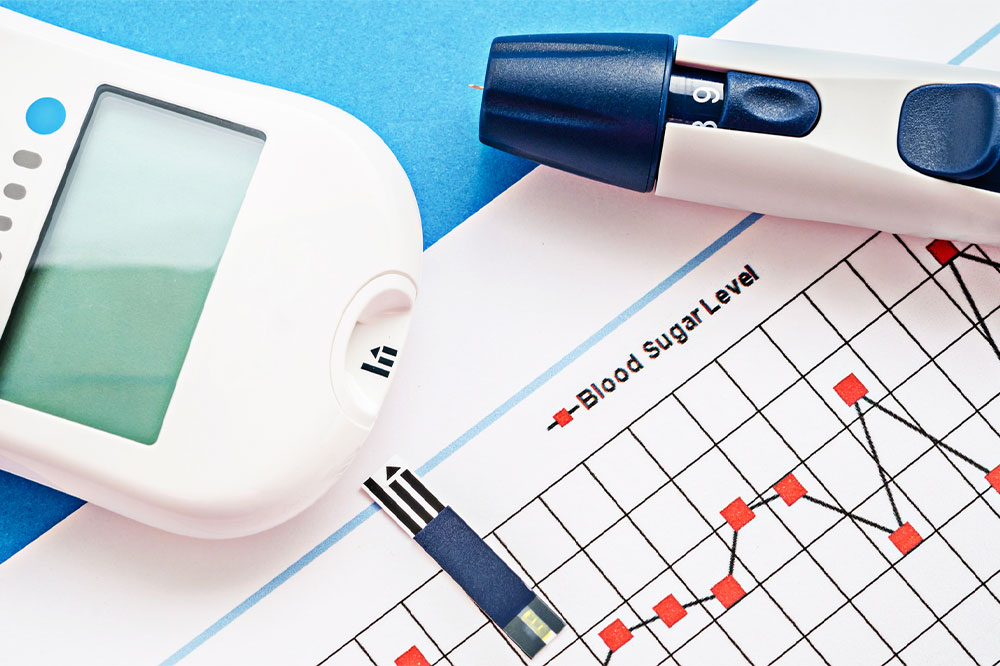Comprehensive Guide to Managing Blood Sugar Levels for Better Health
Discover effective and practical strategies to manage blood sugar levels through diet, exercise, and lifestyle changes. This comprehensive guide provides tips on meal timing, choosing healthy carbs, incorporating exercise, and monitoring blood glucose for optimal health and diabetes control. Learn how to maintain stable blood sugar and improve your overall wellness with proven methods and expert advice.

Effective Strategies for Maintaining Healthy Blood Sugar Levels
Achieving and maintaining stable blood sugar levels is a critical component of overall health, especially for individuals living with or at risk of diabetes. Proper blood sugar management not only helps prevent complications associated with diabetes but also enhances energy levels, mood stability, and long-term wellness. This comprehensive guide explores proven strategies to help you keep your blood glucose within healthy ranges through lifestyle adjustments, dietary choices, and routine monitoring.
Blood sugar irregularities typically stem from the pancreas' inability to produce enough insulin or from the body's cells resisting insulin's action. These issues result in unpredictable blood glucose fluctuations, which, if left unmanaged, can lead to serious health concerns such as cardiovascular disease, nerve damage, and kidney problems. The key to effective management lies in consistent habits and mindful lifestyle choices that support your body’s insulin sensitivity and glucose regulation.
Key strategies for stabilizing blood sugar include:
Consistent Meal Timing and Portion Control
Skipping meals or irregular eating patterns can cause spikes and dips in blood glucose levels. Particularly, skipping breakfast often prompts the liver to release stored glucose, resulting in unexpected elevations. Eating meals at regular intervals with balanced portions helps maintain steady blood sugar levels throughout the day.
Opt for Complex, Nutrient-Dense Carbohydrates
Incorporating fiber-rich foods like beans, lentils, vegetables, and steel-cut oats is essential. These foods have a low glycemic index, meaning they digest slowly, providing a gradual release of glucose into the bloodstream and preventing sharp increases in blood sugar.
Smart Snacking Choices
Diabetic-friendly snacks such as protein bars, nuts, or low-sugar smoothies are convenient for on-the-go moments. Always scrutinize food labels for carbohydrate content, added sugars, and preservatives to make informed choices that aid glucose stability.
Replacing Sugary Beverages with Healthy Alternatives
Consuming drinks like green tea instead of sodas or sweetened beverages can significantly improve insulin sensitivity and reduce calorie intake. Green tea is rich in antioxidants, which offer additional health benefits and support metabolic health.
Using Apple Cider Vinegar for Blood Sugar Control
Incorporating vinegar into your meals—such as salads or marinades—may slow the digestion of starches and stomach emptying, thereby moderating post-meal blood sugar spikes. Before adding vinegar regularly, consult your healthcare provider, especially if you have existing health conditions.
Prioritize Quality Sleep and Rest
Adequate sleep is crucial for hormone regulation, including insulin and cortisol, which influence glucose metabolism. Consistent sleep routines, aiming for 7–9 hours per night, help in maintaining optimal blood sugar levels and overall health.
Engage in Regular Physical Activity
Activities like brisk walking, cycling, swimming, yoga, and other moderate exercises enhance insulin sensitivity, promote weight management, and help sustain balanced blood glucose levels. Incorporating daily movement routines can have a profound impact on your metabolic health.
Focus on a Low-Glycemic Index Diet
Emphasize foods with a low glycemic index, such as lean grains, non-starchy vegetables, and legumes. Limiting refined carbs, baked goods, and processed foods prevents rapid blood sugar increases, contributing to more stable energy levels and metabolic health.
By adopting these comprehensive strategies—embracing a balanced diet, consistent physical activity, appropriate sleep, and routine monitoring—you can effectively take control of your blood sugar levels. This proactive approach supports your overall health, reduces the risk of complications, and fosters a lifestyle of well-being and vitality.





